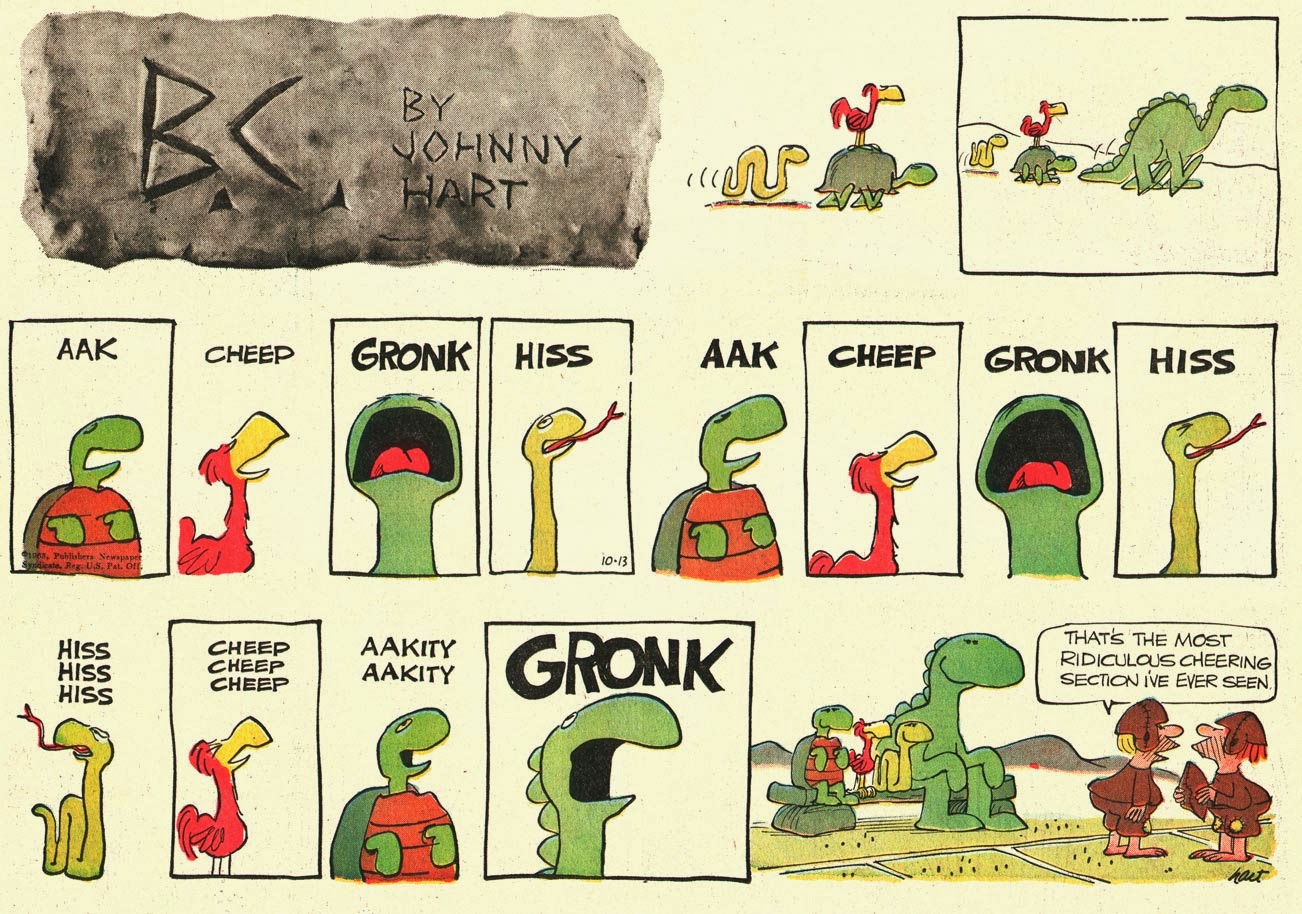Membership Information ~ How to become involved
We welcome those with a keen interest in Amateur Radio, and in particular our brand. Our primary interests are technology, camaraderie and communications centered around our network of remote stations. Ideally we look for persons interested in long term involvement with us. Some members have been with us since our inception, a span now over 50 years. A prospective member will usually be sponsored by an existing member in good standing. We use the sponsorship mechanism to encourage kinship within the group, and for the sponsoring member to guide the new member in learning the radio system. Getting to know someone from our group is important, as with any social group, to learn what our group is about. We are always interested in attracting folks active in ham radio, who are willing to make a contribution to the hobby and our organization in some manner. This can be both technical and other field support, site or other work parties, organizing social activities amongst the group, other social ambassadorship and more. Some are active in ARRL field support, RACES, ARES or general communications and infrastructure support for public events. We support Public Service Events such as the Los Angeles Marathon and the Mount Disappointment 50K Trail Run (now known as Angeles National Forest Trail Race), annually by lending the use of one or more sites during the event. The focus of our group in these regards is primarily on infrastructure and technical support.
We like people who are active and willing to pitch in when the need arises. We love experimenting with various aspects of technology, especially directly applicable ones for Amateur Radio & communications in general. The art of building is one we seek to pass on and cultivate. Someone may have a fun antenna project, Arduino widget, SDR project, or love making metal chips trying their hand at machining parts. We welcome it all! This is the core spirit of Amateur Radio.
If you are interested in joining, definitely seek us out. Scan our frequencies. Learn what we're about. Should you find us on air and feel confident to do so, saying hello is fine. While we don't publish our frequencies directly, they're not hard to find if you're really intent. We don't mean to discourage anyone who is interested in us, rather we seek potential members who are committed to involving themselves and who understand what our organization is all about. We hope to avoid for both parties' sake someone joining, and shortly thereafter dropping out because they didn't find satisfaction in our group. We want you to make the right decision for you, and we want individuals who want to be involved in bettering what we do for both our organization & the public service we provide. Feel free to contact W6XC via the e-mail address on our main page or on his QRZ listing. When you fill a membership application, your sponsor will submit your application for review. We'll likely set up a low-key lunch or dinner appointment with you, or at least a good telephone call to interview and give you basic orientation.
We like to think of our members as a larger extended family or fraternity. This is, after all, a hobby we should enjoy. We often take a more professional approach to it, while being sure not to forget having fun. We are organized as an informal association under the leadership of Matt Lechliter (W6XC, ex-W6KGB) as the "Benevolent Dictator" nurturing the direction of the radio system and the group.
If this sounds interesting to you, please make the effort to get to know us. We have fun doing what we do and enjoy new people with similar interests and enthusiasm. Be sure to listen to our system to see if you may already know someone. If you find you do not, just contact us via e-mail.
You may ask, is this a "Private System" ? And Why? There are some answers to those questions...
A simple answer is yes, technically we are a Private Network. This dates back to the origin of Remote Stations per FCC Rules. Unlike a Repeater Station, whose rules were codified later, a Remotely Controlled or Auxiliary Station, must be under the control of Authorized Control Operators. All of our members are considered Control Operators. Back in the 1960s & 1970s when ours and others began these operations, the licensing for remote stations required listing each user as a Control Point. An attachment to your FCC Remote Station License included this list. All system design elements and related construction information were required submissions to the FCC, as if operating a Broadcast or Commercial radio station.
Today's station licensing rules are much simpler than this, and the binders full of paperwork are long since not required. However, as Auxiliary Stations and not Repeaters, we still are bound by Part 97 rules requiring restriction to Authorized Use.
It should be noted also, that these systems are expensive to construct & maintain. It takes the dedicated work by a core of individuals to keep these networks running, ours no exception. Historically, some stations have been operated by individuals largely at their personal expense. More commonly, groups are formed who collect dues or offset via other in-lieu services in order to support operations. It is only fair to support the systems you use, frankly whether Open, Closed or Private in nature, in some manner. Just as you fill your gas tank if you expect to get anywhere for very long, keeping the radios humming doesn't happen by itself either.
And remember also, by joining & being a member, you become a part of something greater than yourself, sharing it with those friends.
